Jacqueline Bisset has stirred the pot lately—and by “pot,” I mean the simmering cauldron of controversy that is the #MeToo movement. Who would’ve thought that an actress famous for her roles in the classic films like “The Deep” would wade into such treacherous waters? In a recent interview, Bisset boldly stated she feels “unsympathetic” toward women who shared their experiences of harassment, even suggesting that they bear some responsibility for the situations they found themselves in.
Wait, what? I mean, it’s one thing to have a little nuance in a discussion, but Bisset’s comments come off as a bit like saying the sky isn’t really blue—it’s just reflecting all those clouds! Sure, Bisset hits us with a truth bomb by proposing that both men and women play a role in navigating these uncomfortable encounters, but her timing and delivery have some feeling a bit uneasy.
I can’t help but wonder—where do we draw the line between personal accountability and shifting the blame? After all, #MeToo emerged as a groundbreaking movement, comforting countless survivors and calling out the serious woes of sexual harassment society has swept under the rug for far too long! After the allegations against figures like Harvey Weinstein threw open the floodgates, it seemed like Hollywood had finally started paying attention. Now, we have Bisset questioning the very fabric of those narratives! Is she the brave truth-teller we needed or just another voice complicating an already muddied dialogue?
Let’s dive deeper into Jacqueline Bisset’s take on the movement she finds so hard to sympathize with, and see what ripple effects her comments might cause in this crucial discussion.
Actress Jacqueline Bissetis making headlines after admitting she is “unsympathetic” toward women who came forward during the #MeToo movement, suggesting that women are partially to blame for sexual harassment.
Bisset’s remarks come years after the #MeToo movement gained widespread attention in 2017, following the exposure of disgraced Hollywood mogul Harvey Weinstein’s decades-long pattern of alleged sexual abuse. The movement led to the downfall of several high-profile men in entertainment, media, and politics, including former CBS executive Les Moonves, comedian Louis C.K., and former “Today” show anchor Matt Lauer.
Article continues below advertisement
Despite the movement’s impact, Jacqueline Bisset questions the narrative surrounding many of the allegations, saying she finds it difficult to sympathize with those who spoke out.
Article continues below advertisement
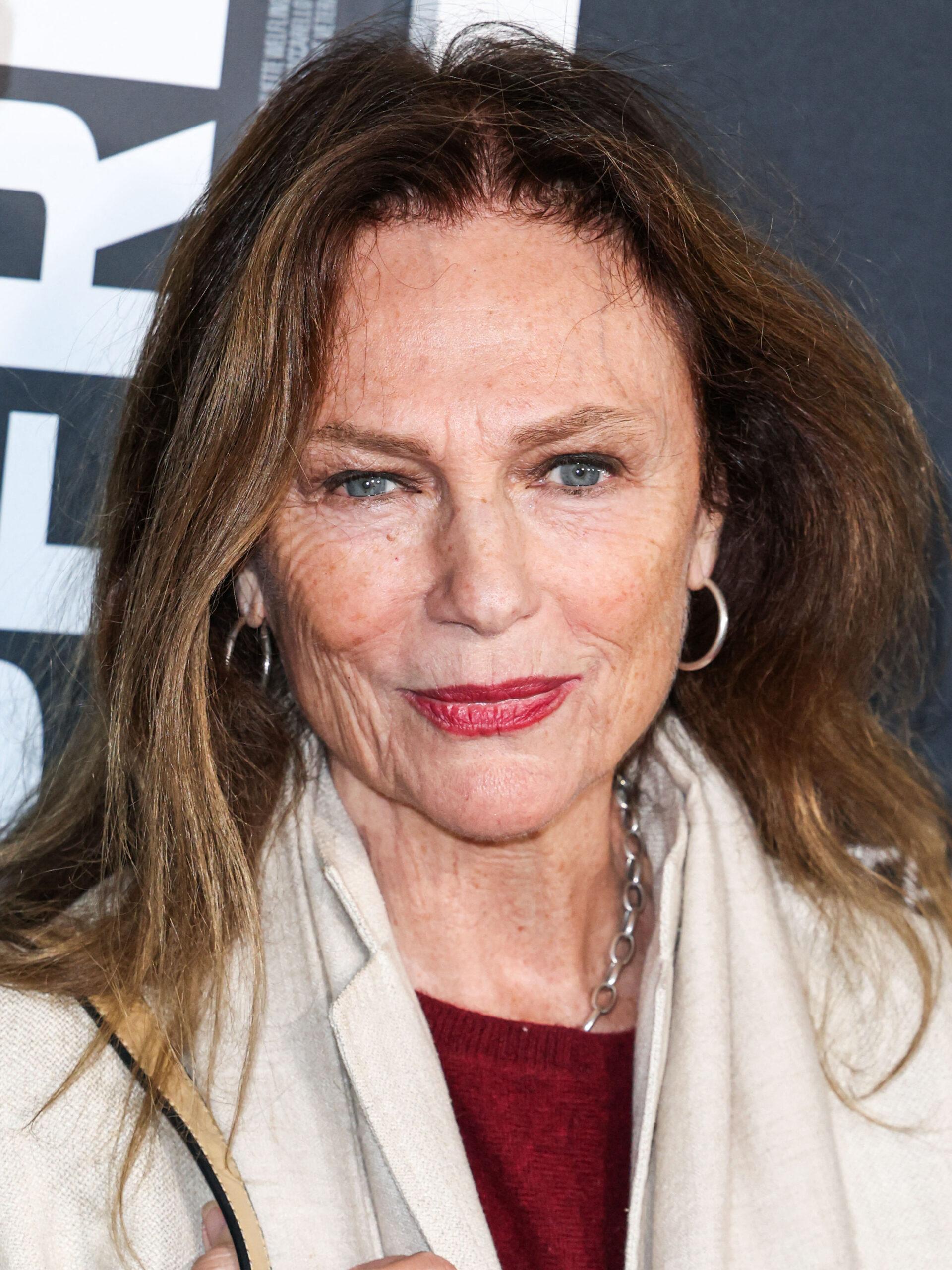
The 80-year-old “Day for Night” star shared her controversial views in an interview with Page Six, arguing that both men and women have a role to play in avoiding inappropriate situations.
“I understand as an idea, it’s important that men behave, but I do really think it’s important that women behave, too,” she stated. “I think how you dress, what your subtext is, is very, very important. It’s very dangerous and not to be played with.”
She added that she is “very unsympathetic to these stories, these #MeToo things” and “You have to be very careful what you put out [there].”
Article continues below advertisement
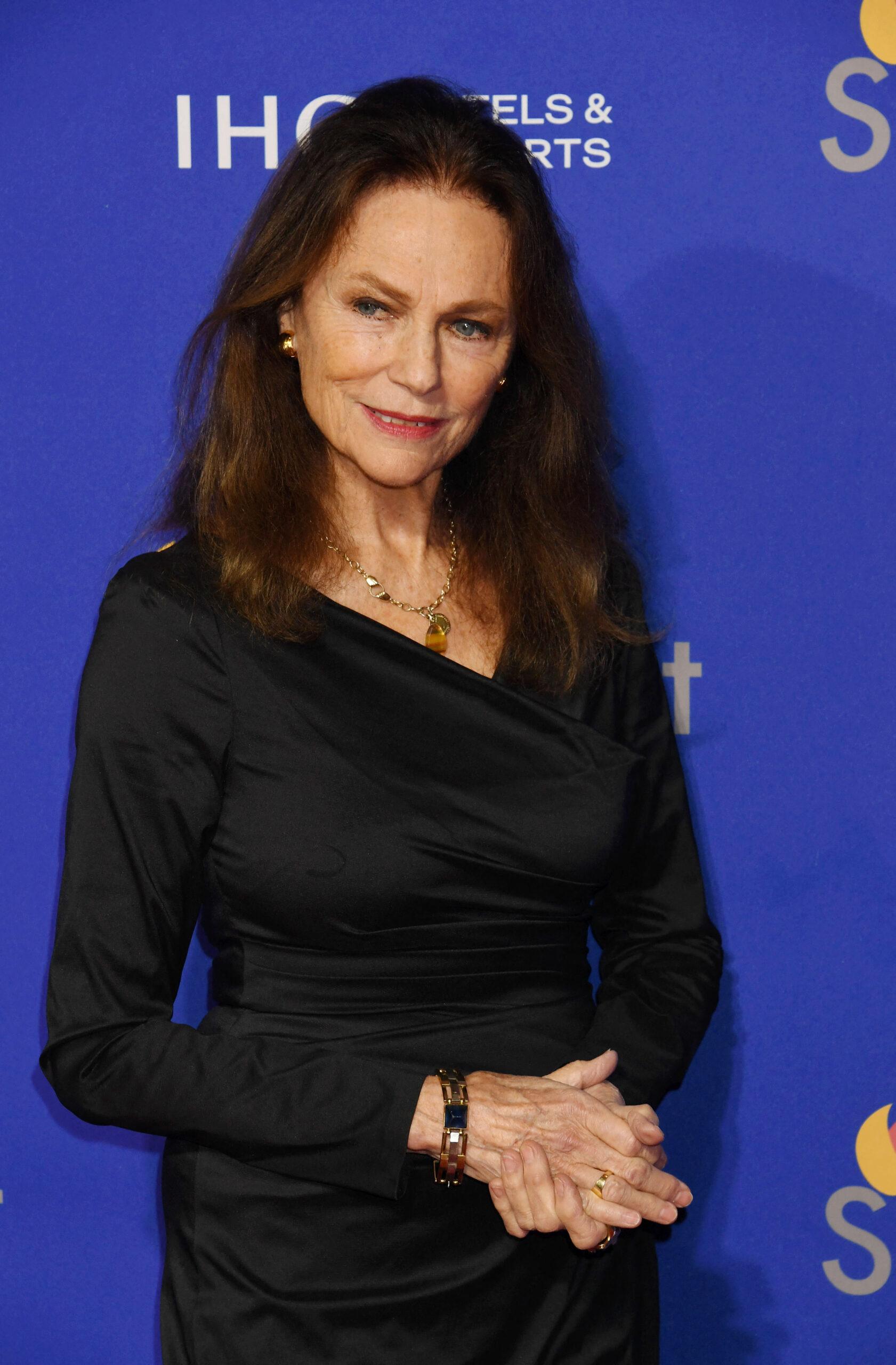
The veteran actress also believes that women should be more assertive in shutting down unwanted advances, and they “need to learn the word ‘no’ or the F-word or something, and you have to do it, and you can get through it without any problem.”
Bisset, who first moved from the UK to the U.S. in 1967, claims she has never personally experienced sexual harassment in the industry. “I was very determined not to have anything happen to me, and I was completely devoted to that idea,” she explained.
Article continues below advertisement
Throughout her career, Bisset starred in films like “The Detective,” “Airport,” and “Murder on the Orient Express,” but it was her role in 1977’s “The Deep” that cemented her place in Hollywood. The film’s promotional posters, which featured her in a wet, clinging white T-shirt, became iconic. However, in a 2021 interview with The New York Post, Bisset admitted she was “horrified” by the images.
Article continues below advertisement
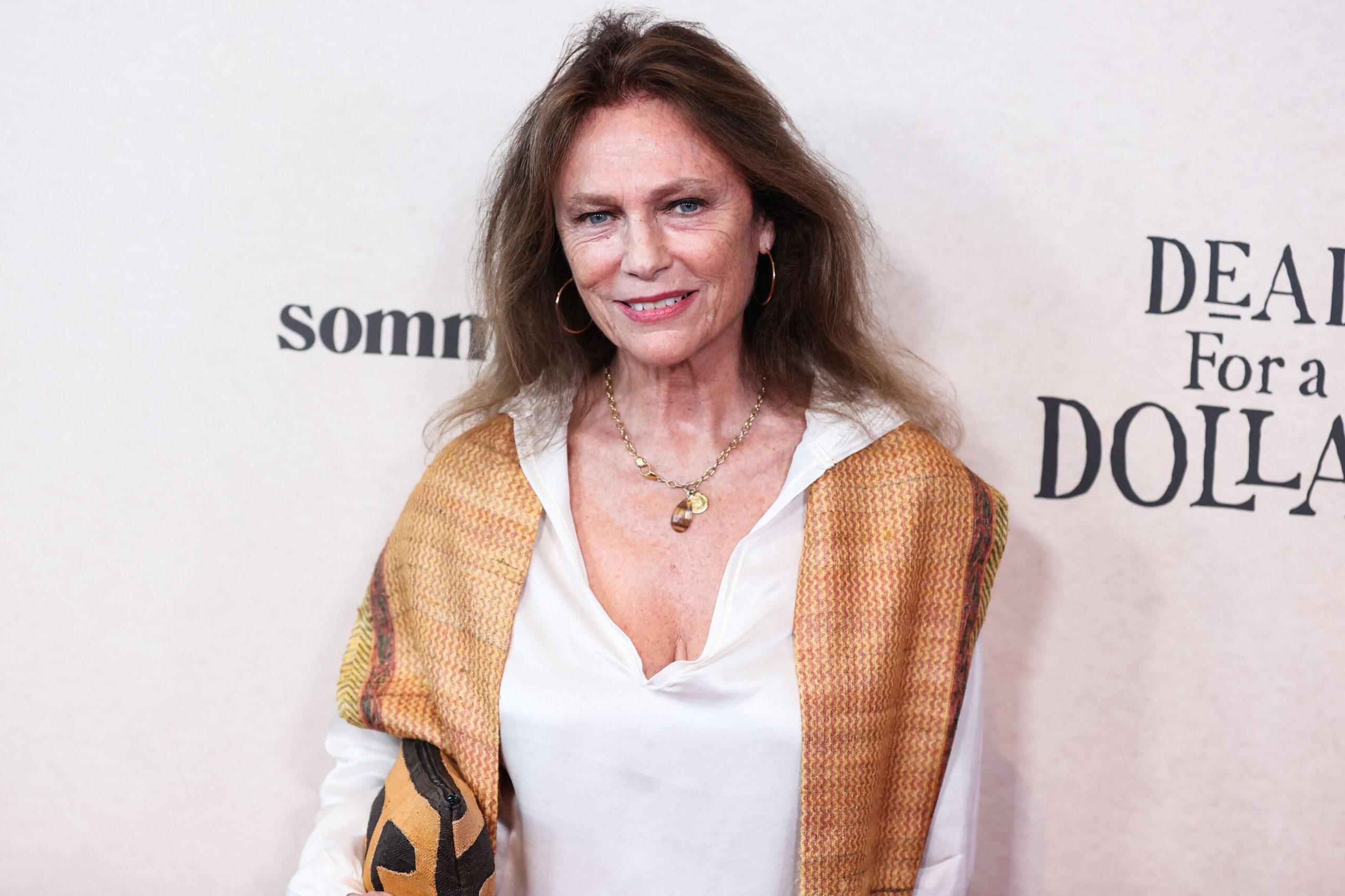
The #MeToo movement is one of the most significant social movements in recent history, bringing global attention to the pervasive issues of sexual harassment and assault. While the movement gained widespread recognition in 2017, its origins trace back over a decade earlier, highlighting the resilience and determination of survivors seeking justice.
The phrase “Me Too” was first coined in 2006 by activist Tarana Burke, who sought to create a space for survivors, particularly young women of color, to share their experiences and find solidarity. However, it wasn’t until October 2017 that the movement exploded onto the world stage when actress Alyssa Milano encouraged survivors to post #MeToo on social media in response to the sexual misconduct allegations against Hollywood producer Harvey Weinstein.
What followed was an outpouring of stories from women and men across various industries, revealing the depth and breadth of sexual violence and harassment in workplaces, schools, and public spaces.
Article continues below advertisement
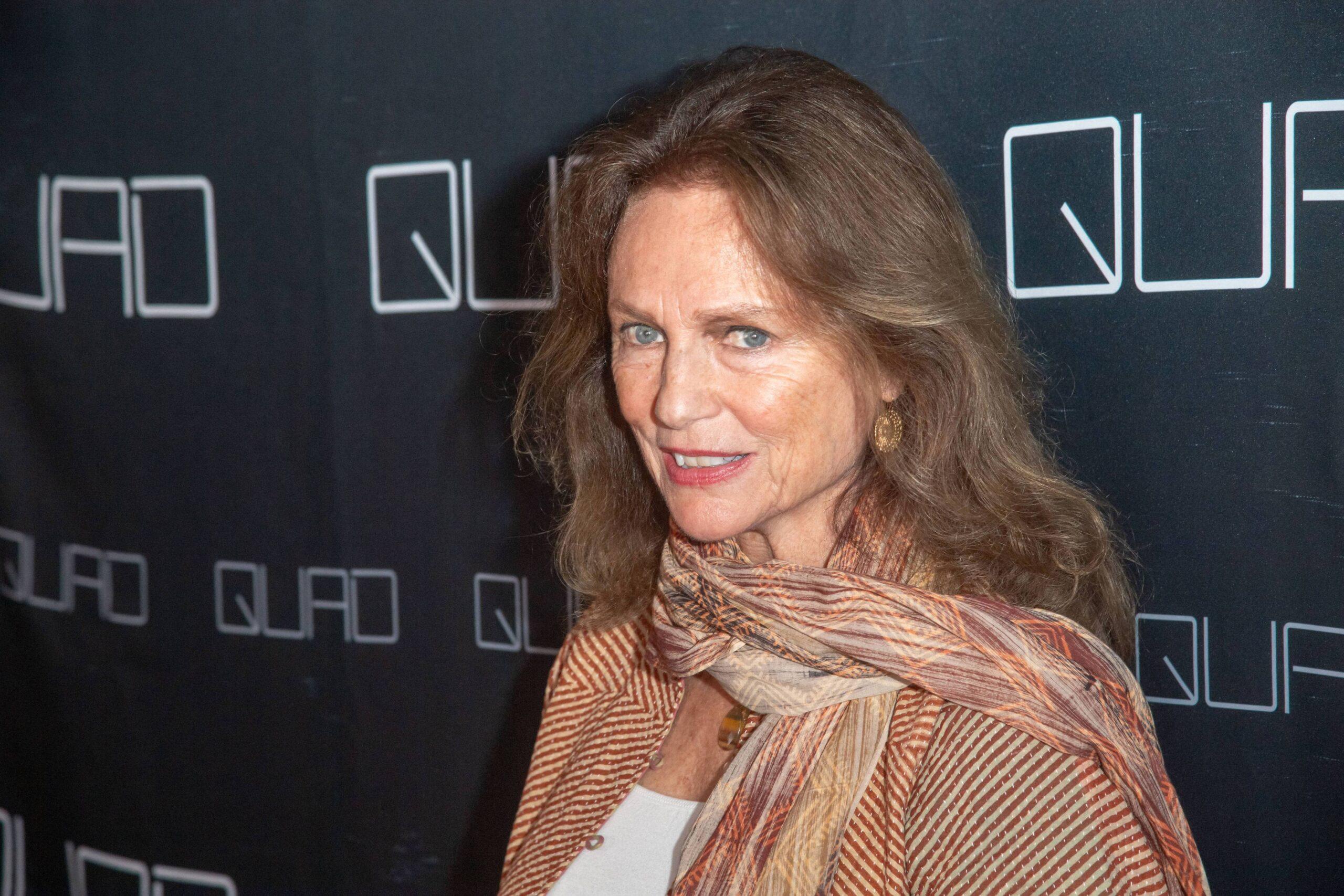
The impact of the #MeToo movement has been profound.
In Hollywood, the exposure of powerful figures such as Weinstein, Bill Cosby, Matt Lauer, and Kevin Spacey led to legal consequences, career terminations, and a broader cultural reckoning. Beyond the entertainment industry, #MeToo spurred widespread reforms in corporate workplaces, politics, and even sports.
Many companies introduced stricter sexual harassment policies, while lawmakers in several states pushed for stronger legal protections for survivors, including extended statutes of limitations and mandatory workplace training.
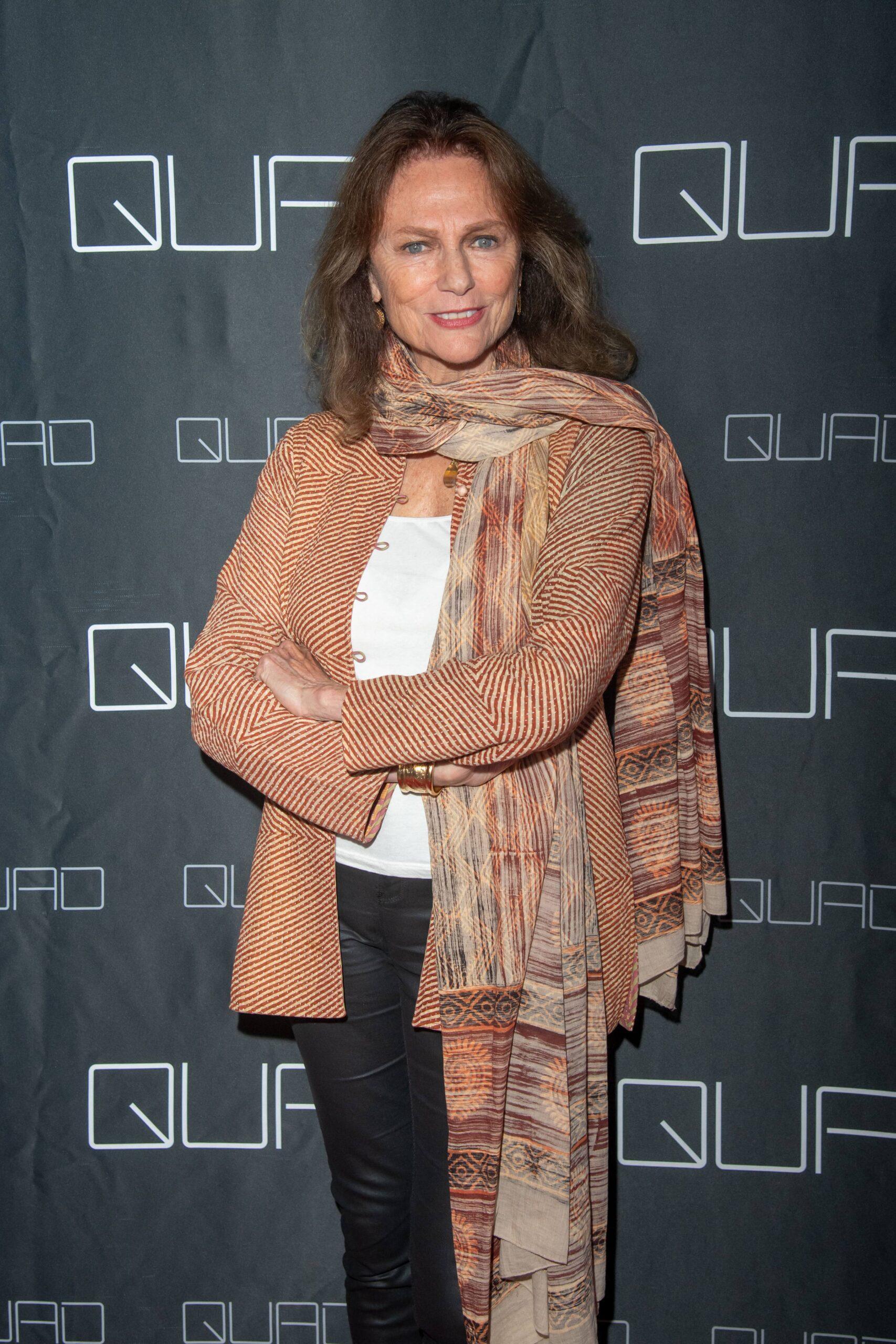
However, the movement has not been without controversy.
Some critics argue that #MeToo has contributed to a culture of cancel culture, where accused individuals face professional or social consequences without due process. Others believe that while the movement has made significant strides, it has not done enough to address the struggles of marginalized survivors, particularly women of color, LGBTQ+ individuals, and those in lower-income communities.
Additionally, while concerns about false accusations have been raised, research consistently shows that false reports of sexual violence are rare compared to the overwhelming number of real cases.
Auto Amazon Links: No products found.